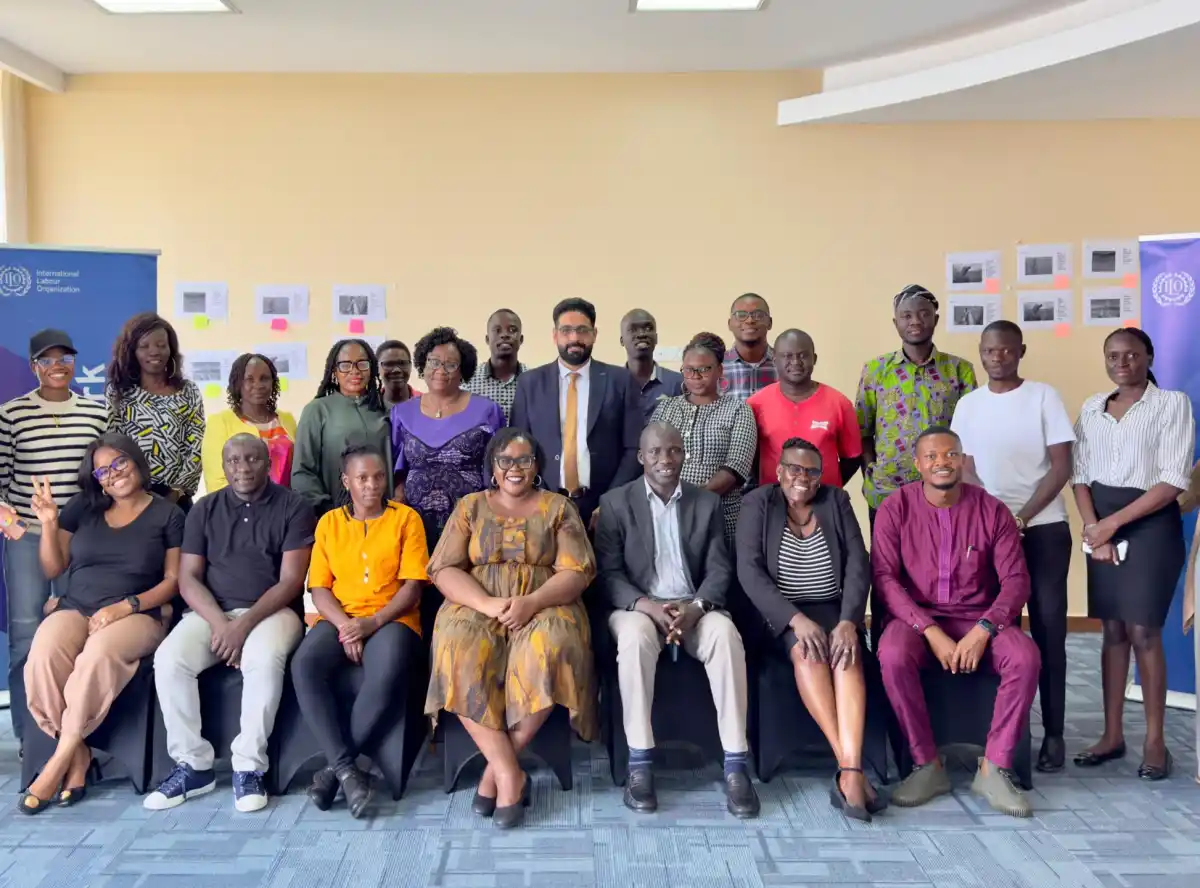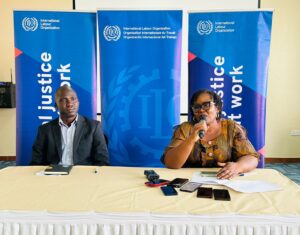
Director of the International Labour Organisation (ILO) Country Office for Tanzania, Burundi, Kenya, Rwanda and Uganda, Caroline Khamati Mugalla, has challenged African journalists to amplify their reporting on child labour.
Mugalla said this would lead to a significant reduction in cases of child labour on the continent, which has the highest incidence globally.
Speaking in Entebbe, Uganda, at the conclusion of a three-day training for journalists from Malawi, Ghana, Nigeria, Egypt, Kenya and Uganda, which took place from September 23 to 25, the ILO official said child labour robs children of their childhoods and impacts economic development.
The training was organised by the Accelerating Action for the Elimination of Child Labour (Accel) Africa Project, an initiative by the ILO aimed at combating child labour in the cocoa, cotton, coffee, tea and gold supply chains.
Mugalla said while Africa has made what she described as tremendous progress in fighting child labour, the problem remains widespread.

“You, journalists, must produce stories that illuminate the adverse impacts of child labour on the lives of children and their families.
“The Covid-19 pandemic reversed the gains we had made as a continent, but there is hope that we can win the fight,” she said.
Mugalla further urged the journalists who participated in the training to take a keen interest in child labour issues in their respective countries, “while placing the children at the centre of the stories without exacerbating the harm.”
She also praised the determination of journalists who are passionately exposing child labour cases in their countries and encouraged them not to diminish their zeal.
National Project Officer of the Accel Africa Project in Uganda, Jacqueline Banya Acayo, encouraged the journalists to familiarise themselves with national and international child labour frameworks, which can enhance their reporting.
Banya Acayo added that authentic and courageous reporting on child labour on the continent can bring about the change that “we are all longing for.”
“There are people, including parents, who are not aware that what they are doing promotes child labour. Through awareness and advocacy, we can curb child labour,” she said.
On his party, Assistant Commissioner of Industrial Relations at Uganda’s Ministry of Gender, Labour and Social Development, Apollo Onzoma, who also attended the closing ceremony of the training, reiterated that the media plays a critical role in the fight against child labour.
“Your role is crucial in highlighting child labour issues through public information, education, mobilising opinion and showcasing cases for learning and action,” Onzoma said.
Malawi’s child labour rate of 38 percent is considered one of the highest in Africa.
According to ILO data, 160 million children aged five to 17 years globally are involved in child labour, with 49.4 percent of them working in hazardous conditions.
In Sub-Saharan Africa alone, 23.9 percent of children are involved in child labour, while Northern Africa and Western Asia account for 7.8 percent of the global total.








0 Comments